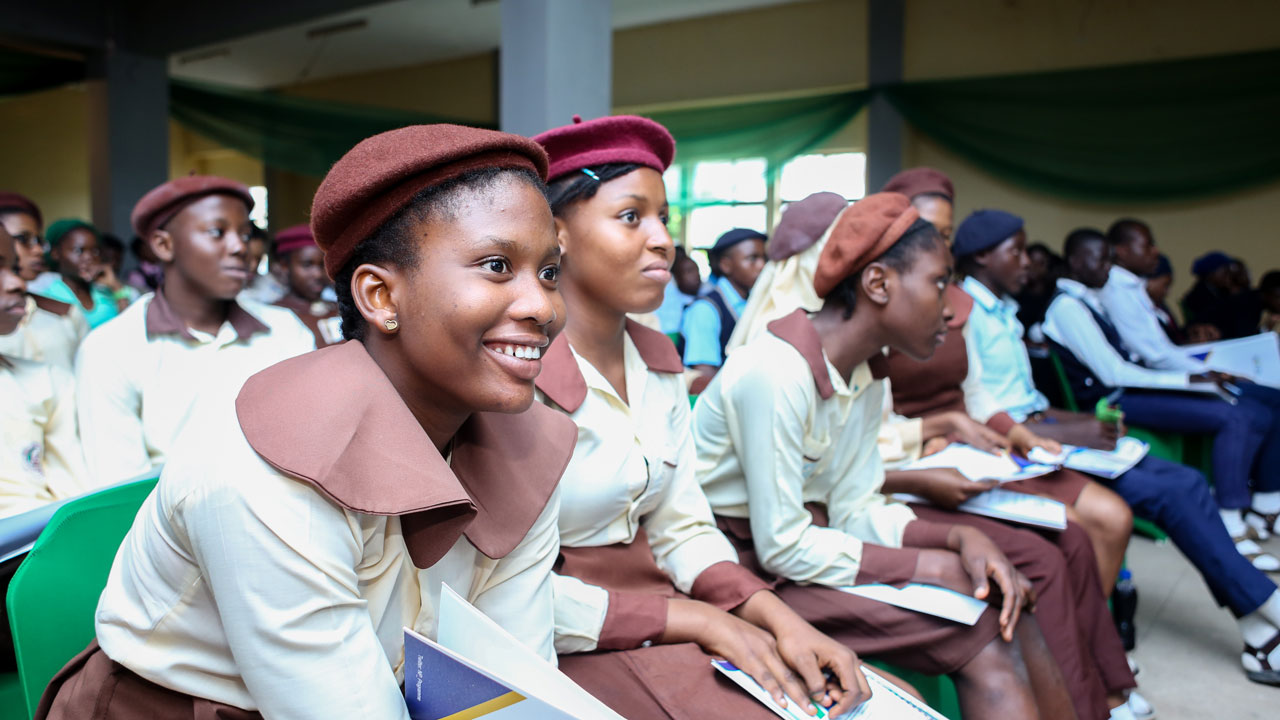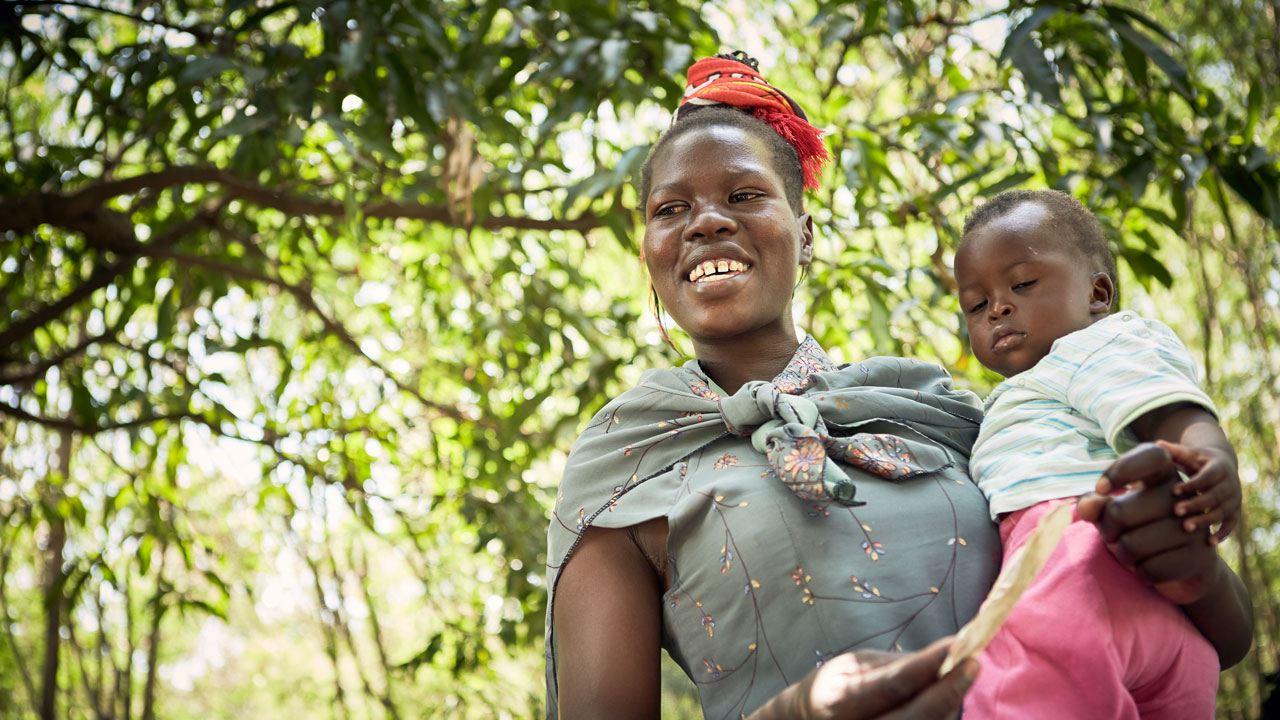
On International Women’s Day 2022, we’re reflecting on the work that we do throughout the year to empower women and advance gender equality, both through our projects and within our organisation.
This year’s theme is #BreakTheBias, challenging inequality and stereotyping faced by women, and celebrating differences and gender equality.
At Tetra Tech International Development Europe, our work is spearheaded by a dedicated Gender Team that works across our projects to ensure they are gender sensitive and – where possible – gender transformative. In 2021, we also formed a working group on Gender, Peace and Security to develop the coherence of our work in women’s participation in, and access to, peacebuilding, conflict prevention and security resources.
This year, Tetra Tech has also committed, at a corporate level, to the Minimum Standards for Mainstreaming Gender Equality, set out by the Gender Practitioners Collaborative. This commitment unites the efforts being made across Tetra Tech and reflects the institutional importance we put on creating a gender-equal world that is inclusive, equitable and diverse.
Tackling inequality and gender-based violence in Kenya
Our work on the Foreign, Commonwealth and Development Office’s (FCDO) Reducing Insecurity and Violent Extremism in Northern and Coastal Regions of Kenya (REINVENT) programme supports women that have become victims of sexual and gender-based violence. Through the project team and partners throughout Kenya, REINVENT has provided technical assistance to make referral pathways more efficient and redress cases.
In the run up to and throughout the week of IWD2022, the REINVENT team and our partners are being active on social media, highlighting the public events they are holding, as well as the services and offerings that they have developed in partnership with local leaders and community organisations. They will also be publicising the awards that have been set up with the State Department for Gender, which will be presented to women in Kenya who have made outstanding contributions in leadership and strengthening the agency and voice of women in peace and security. Follow @ReinventKenya.

Informing Malawi’s efforts against violence against women and girls
Our work on the FCDO’s Malawi Violence Against Women and Girls Prevention programme drew to a close in 2021. In wrapping up the programme – which was known as Tithetse Nkhanza (Let’s End Violence in Chichewa) – we created a substantial library of learning and reference products generated by the programme.
This library documents a wide range of the work we carried out for Tithetse Nkhanza, including the social norms mapping we carried out to target approaches to addressing individual attitudes, while using reform champions to help shift social norms that lead to violence.
We conducted annual Gender, Inclusion, Power and Politics (GIPP) research to ensure the programme remained responsive to changing social and political norms. GIPP formed part of the evidence base for programme adaptions, ensuring interventions were appropriately targeted for the most impact. Our key informant interviews and literature review were used to map norms that interact with prevalence, experience and reporting of VAWG.
We also mapped key VAWG actors (initiators, authorities, communities, etc), to understand spheres of influence and interaction with certain social norms. The team ultimately adapted a community mobilisation approach to the data and context, and delivered a Champions of Change (CoC) approach that saw school children, youth and parents educated to raise awareness and embed an approach of influencing changes towards negative cultural and social norms that perpetuate VAWG.
Materials produces from our work are the legacy of the programme and provide lessons and transferrable information for other VAWG programmes in the region and the wider community of practice.
Evaluating efforts to stop abuse and female exploitation in Zimbabwe
The FCDO’s Zimbabwe Stopping Abuse and Female Exploitation (SAFE) programme works to protect women and girls in Zimbabwe from the most severe forms of violence, including child marriage and modern slavery.
We have been carrying out evaluation and learning for SAFE since 2020 and, ahead of IWD2022, we were able to process results from our first ‘deep dive’ on the programme. Our team has finalised a new policy brief that presents the findings from our study on social norms that drive intimate partner violence (IPV) and early marriage in Zimbabwe. The findings in this brief will inform national, regional and wider community efforts to tackle IPV and early marriage.
Research brief: social norms that drive IPV and early marriage in three districts of Zimbabwe